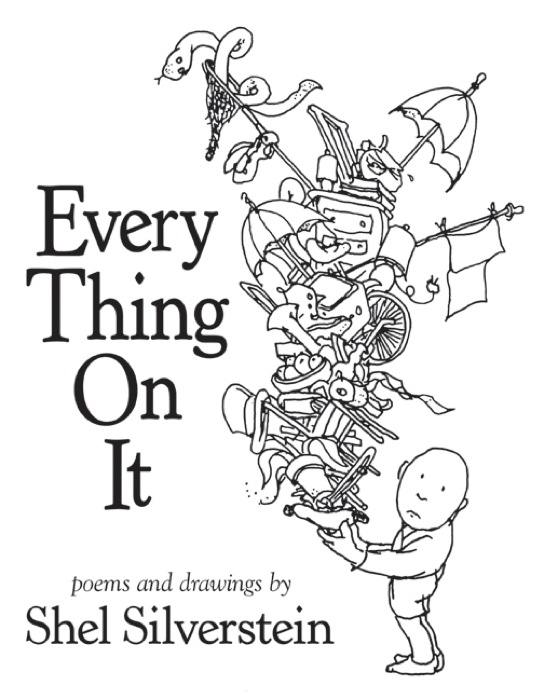I am a writer. Consequently, my general outlook on life is a series of archetypes, themes, plots, summaries, critiques… there’s a lot of pre-writing and re-writing going on in my head, and there’s no switch to turn it off. All the world is a stage, you know.
But it’s the endings I’m not good at. I’m a total sap when it comes to endings. Mostly, I envision that the story actually comes to an end, a resolution. I often realize much further on in my writing and reading that this is a false assumption.
Lately, I’ve begun to wonder about our fascination with the fairy-tale ending. We began by expecting it, and now we’ve become disillusioned with it, naturally.
But where does the fallacy lie in “happily ever after”?
Is there no such thing as happiness?
Or have we made a bad habit of ending the story at the wrong part?
So the prince and the princess get married… and??? What comes after that? What exactly constitutes the “happily ever after”? A fairy-tale prince or princess would never be unfaithful to one another. The prince would never be a deadbeat dad. The princess would never become a bitter, self-conscious old woman that drives her prince and her children crazy. They would never lose the castle, the talking livestock, and the pumpkin carriage in a faulty investment. They would never bicker or become alcoholics or abuse their kids. They would never die of terminal illnesses.
And yet, here we are. We live in a dichotomy of pure joy and pure tragedy. We find love and we find hate. We can’t get rid of the evil stepsisters and the villains; quite often we are our own worst enemy. We make the best decisions we’ve ever made, and then we screw it up.
Maybe it’s the ambiguity of it, the elusive “happiness” that leaves us confused and frustrated and empty when we try to live in the “ever after.” The brokenness wasn’t supposed to happen, but it did, and we can’t see how it could ever be right again. We have no pre-text for what to do when we screw up, so the “happily ever after” plan is eradicated.
Or maybe it’s that we’ve totally abandoned the possibility of redemption.
I yearn for the easy answer, the redemptive ending. I wish I could tie the strings of all our loose ends together so that our lives would never unravel as they so often do. I keep finding myself trying to weave it all together, tightly, to make it mean something, to make our stories and our selves whole again.
I think it’s better if I just stop trying to rewrite the thing. Life is beautiful and gripping and horrific and triumphant and tragic enough on its own.
I’m not the Story-Weaver. I need to just keep reading.
